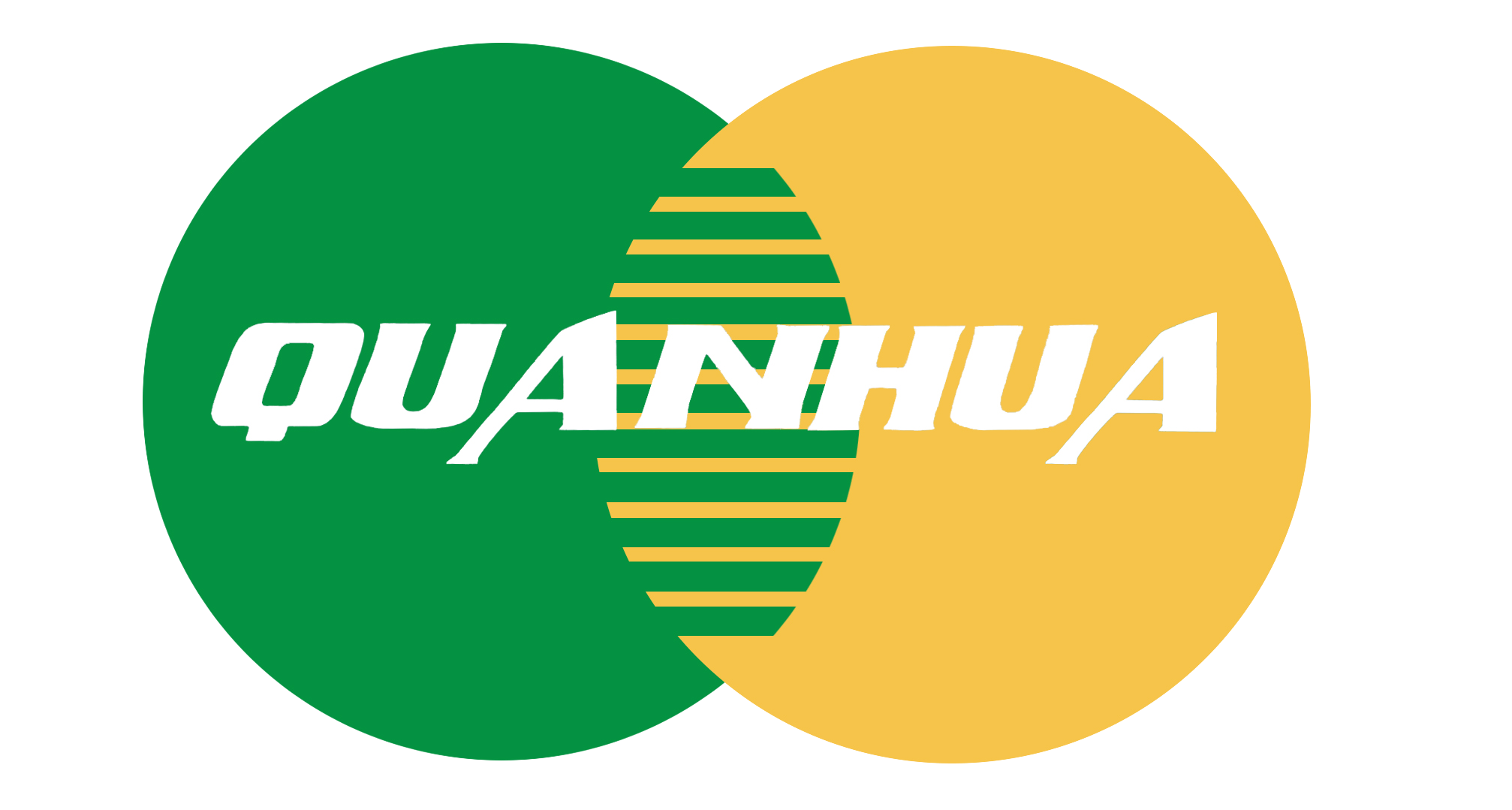Benefits of Biodegradable Forks and Knives
In today's environmentally conscious world, individuals and businesses are increasingly seeking sustainable alternatives to everyday products. Plastic cutlery, a staple in kitchens, parties, and food service establishments, is no exception. The environmental impact of plastic waste has become a growing concern, prompting a shift towards eco-friendly solutions. Biodegradable forks and knives, made from plant-based materials that break down naturally, offer a sustainable alternative, reducing waste and promoting environmental responsibility.
The Environmental Impact of Plastic Cutlery
Plastic cutlery, often used in single-use settings, contributes significantly to landfill waste and pollution. Their production, transportation, and disposal release harmful substances into the environment, deplete natural resources, and contribute to climate change. Moreover, plastic cutlery persists in the environment for centuries, posing a threat to wildlife and ecosystems.
Embracing Biodegradable Forks and Knives: A Sustainable Choice
Biodegradable forks and knives, crafted from renewable plant-based materials like bamboo, wood pulp, or cornstarch, offer a more sustainable alternative to plastic cutlery. Their key environmental advantages include:
- Biodegradability: Biodegradable cutlery breaks down naturally over time, reducing its environmental impact compared to persistent plastic cutlery.
- Composting: Biodegradable forks and knives can be composted in controlled composting environments, converting them into nutrient-rich soil amendment that nourishes plants and reduces reliance on chemical fertilizers.
- Renewable Resources: Biodegradable cutlery is made from renewable plant-based materials, promoting sustainable forestry and agricultural practices and reducing reliance on finite petroleum-based plastics.
- Reduced Carbon Footprint: The production of biodegradable cutlery generally has a lower carbon footprint compared to plastic cutlery production, minimizing greenhouse gas emissions and climate change impacts.
Additional Benefits of Biodegradable Cutlery
Beyond their environmental benefits, biodegradable forks and knives offer additional advantages:
- Healthier Alternative: Biodegradable cutlery made from natural materials is generally considered safer than plastic cutlery, which may leach harmful chemicals into food or the environment.
- Enhanced Brand Image: Adopting biodegradable cutlery demonstrates a commitment to environmental sustainability, enhancing a company's brand image and appealing to eco-conscious consumers.
- Versatility: Biodegradable forks and knives are available in a variety of styles and sizes, suitable for various dining occasions and food types.
Making the Switch to Eco-Friendly Cutlery
Switching to biodegradable forks and knives is a simple yet significant step towards reducing environmental impact and promoting sustainability. Here are some tips for making the switch:
Evaluate your needs: Determine the type and quantity of cutlery you need for your business or household.
Choose the right material: Consider factors like durability, compostability, and aesthetics when selecting biodegradable cutlery materials.
Source from reliable suppliers: Partner with reputable suppliers who prioritize sustainable practices and quality control.
Educate customers and employees: Inform customers and employees about the benefits of biodegradable cutlery and encourage their use.
Proper disposal: Ensure biodegradable cutlery is disposed of correctly in composting facilities or designated waste streams.
Conclusion
Biodegradable forks and knives offer a sustainable alternative to traditional plastic cutlery, reducing environmental impact and promoting eco-friendly practices. By embracing biodegradable cutlery, individuals and businesses can make a positive contribution to a cleaner and healthier planet. Remember to choose the right materials, source from reliable suppliers, educate others, and dispose of cutlery responsibly. Together, we can create a more sustainable future.

